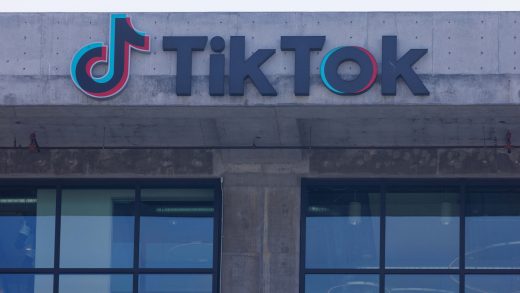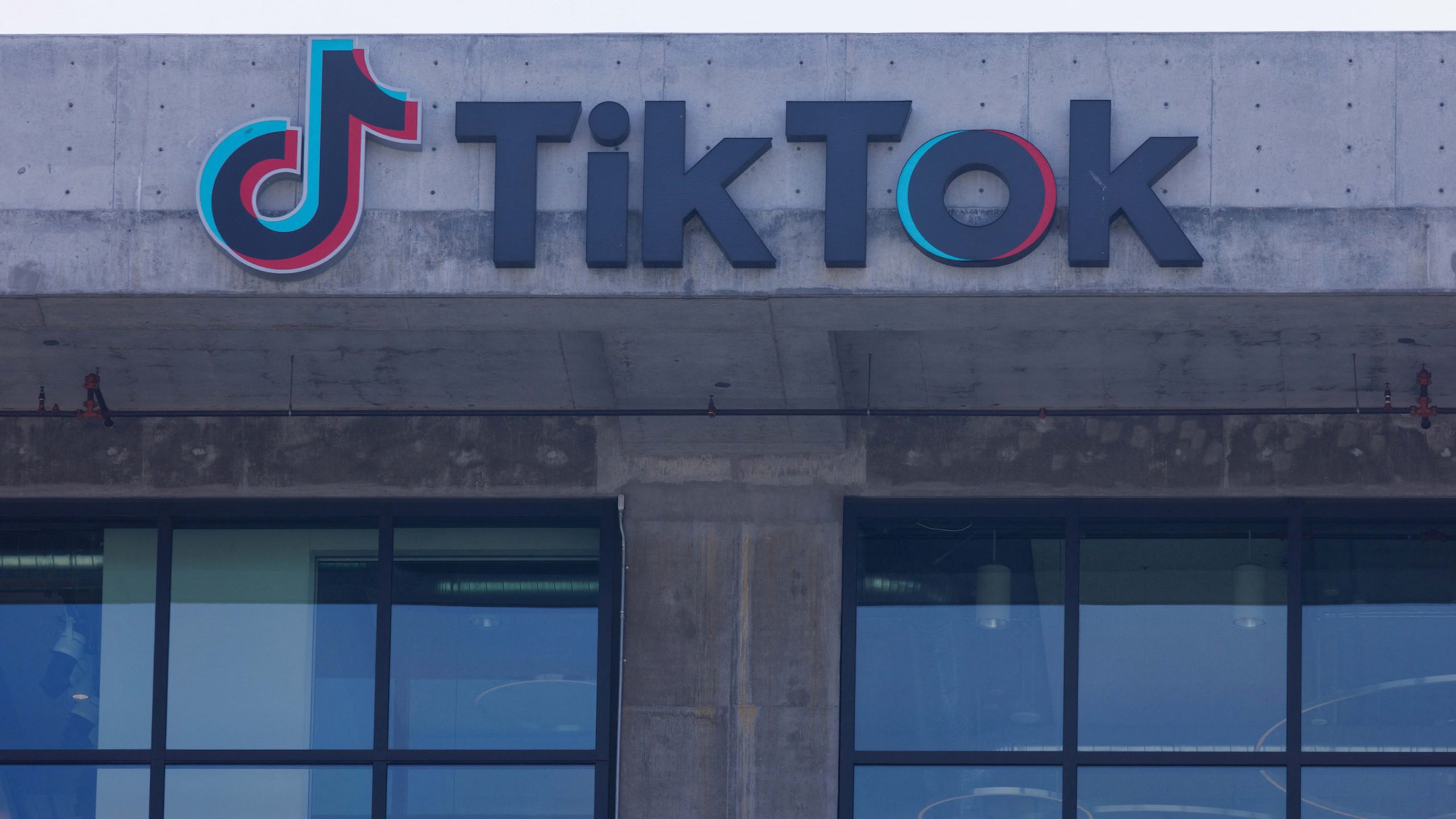TikTok ban: U.S. court to consider legal challenges in September
TikTok ban: U.S. court to consider legal challenges in September
Creators, TikTok, and ByteDance must file legal briefs by June 20 and the Justice Department by July 26, with reply briefs due by August 15.
BY Reuters
A U.S. appeals court on Tuesday set a fast-track schedule to consider the legal challenges to a new law requiring China-based ByteDance to divest TikTok’s U.S. assets by January 19 or face a ban.
The U.S. Court of Appeals for the District of Columbia ordered the case set for oral arguments in September after TikTok, ByteDance, and a group of TikTok content creators joined with the Justice Department earlier this month in asking the court for a quick schedule.
On May 14, a group of TikTok creators filed suit to block the law that could ban the app used by 170 million Americans, saying it has had “a profound effect on American life” after TikTok and parent company ByteDance filed a similar lawsuit.
Under the appeals court schedule, the creators, TikTok, and ByteDance must file legal briefs by June 20 and the Justice Department by July 26, with reply briefs due by August 15.
TikTok said that with a fast-track schedule it believes the legal challenge can be resolved without it needing to request emergency preliminary injunctive relief.
TikTok and the Justice Department have sought a ruling by December 6 in order to seek review from the Supreme Court if needed.
The law, signed by President Joe Biden on April 24, gives ByteDance until January 19 to sell TikTok or face a ban. The White House says it wants to see Chinese-based ownership ended on national security grounds, but not a ban on TikTok.
The law prohibits app stores like Apple and Alphabet’s Google from offering TikTok and bars internet hosting services from supporting TikTok unless ByteDance divests TikTok.
Driven by worries among U.S. lawmakers that China could access data on Americans or spy on them with the app, the measure was passed overwhelmingly in Congress just weeks after being introduced.
—David Shepardson, Reuters
(13)



